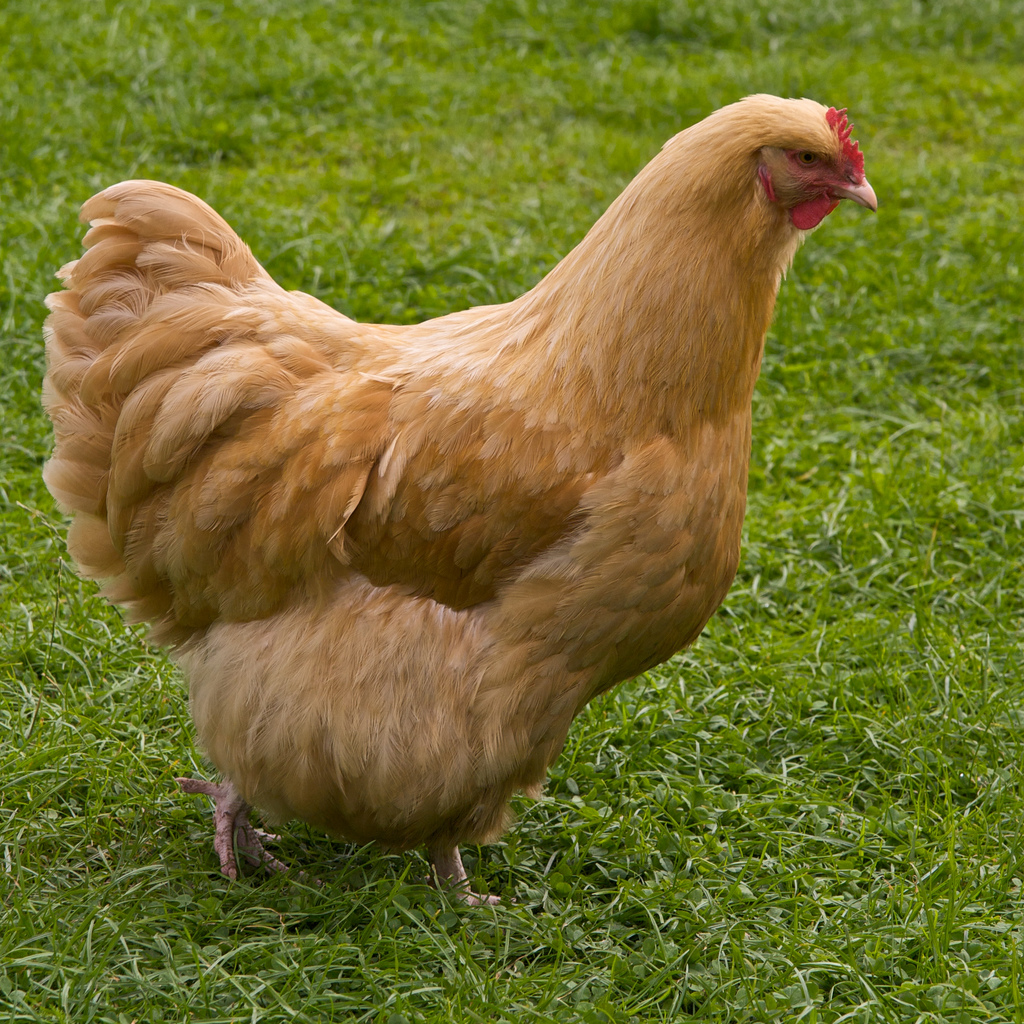Kristen Richardson is a Laboratory Instructor in Biological Sciences at Quinnipiac University, and Co-Chair of QU’s sustainability initiative. Speaking with her is Kevin Kromash, blogger for CFE/Save the Sound.
Kevin Kromash: Hi Kristen, welcome to “Fridays in the Field.” Could you begin by explaining how you became involved in environmental issues at Quinnipiac?
Kristen Richardson: Ten years ago, at the end of work days, I’d walk out to the parking lot and wonder who owned that other Prius. As it turns out, it was Kristen Wolfe [Instructor of Biomedical Sciences], and by default we became the co-chairs of QU Sustainability. Conversations started in the parking lot and hallways. My involvement with QU Sustainability is all volunteer. As we found out over time, we actually didn’t need that much change; we just needed a more organized way to communicate what was happening at QU.
Kevin: So, at the time you started organizing around the term “sustainability,” there was already progress in that arena on campus?
Kristen: Yes, and it was mostly due to the involvement of one person at the facilities department, Keith Woodward. He had already been doing so much; most of the things that the campus has been doing are because of his work. He pushed for the QU administration to purchase renewable electricity. All the electricity that the campus purchases is from renewable sources. And they have some photovoltaics and wind turbines on the York Hill campus, which generate a small fraction of that campus’s electricity and power needs. Another thing he did was to get funding to purchase a software program called Building Dashboard. That is a program that incorporates real-time data from buildings on campus regarding electricity use, but they also hope to add water later. Another thing he has done is single-stream recycling.
Kevin: What kinds of changes have you seen since you got involved?
Kristen: My involvement all started because I wanted to host a farmers’ market. But I could only get two vendors to come. It wasn’t very successful, but people said, “I really appreciate what you are trying to do here, and we should really have a conversation.” Then we started calling ourselves QU Sustainability.
Probably the two biggest, most visible things we do now are the farmers’ markets and the Earth Day celebration. The farmers’ markets are a fun activity, and the students are starting to understand that supporting local businesses helps to boost the community of the greater Hamden area. Plus they get fresh fruits and vegetables, baked goods, etc., so they appreciate that too.
Kevin: Considering that you are doing these things on a volunteer basis, you must have a strong personal interest in the issues. How did that interest develop?
Kristen: It all started when I read Michael Pollan’s The Omnivore’s Dilemma. I realized that I did not really know much about my food culture, even though I grew up in the breadbasket of America. It opened my eyes, and made me want to be a farm kid again—but doing sustainable farming, not conventional farming. It made me want to live “off the grid” as much as possible.
Kevin: And how did that impact your life at home with your family?
Kristen: I aimed for less of a dependence on conventional consumption. I don’t only mean foods. I always qualify that I’m not a food purist. We’ve had our share of Pop-Tarts and packaged cookies in our house. But we are especially conscious of meat consumption, because raising animals for food production takes an enormous toll on our natural resources, and contributes an enormous amount of pollution. I usually insist that, if my family is going to eat meat, that we don’t do it very often, and when we do, that we make sure it’s from an ethical, sustainable source, or at least a source that is more sustainable than conventional meat products.
Kevin: I heard that you even starting raising chickens yourself…
Kristen: Yes, I decided that our family should get chickens, and we did. My original plan with the chickens was to harvest the eggs, of course, and then when the chickens were done laying, we were going to harvest them for the meat. But I found that I was so attached to my chickens; they really were my pets. It was ridiculous—people back at home would roll their eyes at me.

Kevin: How are the chickens now?
Kristen: I’m down to one now, but having a chicken is really great for my backyard garden. She turns the soil, and she fertilizes for me. With the help of the chickens, we turned half of our grass into garden. My husband and I can the food to keep it for the winter. It is a great thing to do, especially with kids.
Kevin: Building off that, let’s talk about your students at QU. What do you recommend to those who are graduating and are interested in the environment?
Kristen: I recommend to students that they look to themselves first. I ask them: “now that you are starting to see and understand your impacts, are you willing to make the changes in your own life to become more sustainable?” To make a difference, you really have to stop consuming things you don’t need. I also recommend that they get closer to the land, that they grow their own food, at least a little bit. If they are not willing to make those sacrifices, then I don’t recommend that they pursue a career in sustainability. I always encourage them to take small steps first. If everyone does a little bit, we will see a large collective difference.
Posted by Kevin Kromash, blogger for CFE/Save the Sound

Very informative